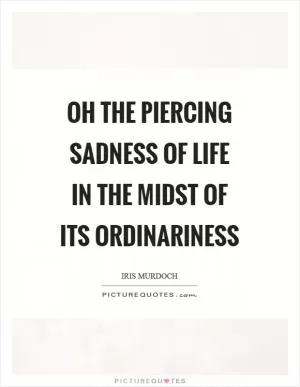He led a double life. Did that make him a liar? He did not feel a liar. He was a man of two truths

He led a double life. Did that make him a liar? He did not feel a liar. He was a man of two truths
In the world of Iris Murdoch's novels, characters often grapple with complex moral dilemmas and inner conflicts. The idea of leading a double life and the question of whether that makes someone a liar is a theme that resonates throughout her work. Murdoch's characters are often portrayed as flawed individuals who struggle to reconcile their inner desires and external actions.In the context of Murdoch's novels, the idea of leading a double life can be seen as a manifestation of the characters' inner turmoil and conflicting desires. The protagonist who leads a double life may be torn between two conflicting truths – the truth of who they are and the truth of who they want to be. This internal struggle can lead to a sense of dissonance and a feeling of being disconnected from oneself.
In Murdoch's novel "The Bell," the character Dora Greenfield is a prime example of someone who leads a double life. On the surface, she appears to be a dutiful wife and mother, but beneath the facade, she harbors secret desires and longings. Dora's inner conflict is a central theme of the novel, as she grapples with the tension between her public persona and her private self.
The question of whether leading a double life makes someone a liar is a complex one in Murdoch's world. While on the surface, the act of living a double life may seem deceitful, Murdoch's characters often see it as a necessary means of self-preservation. They may feel that they are not intentionally deceiving others, but rather protecting themselves from the harsh realities of the world.












 Friendship Quotes
Friendship Quotes Love Quotes
Love Quotes Life Quotes
Life Quotes Funny Quotes
Funny Quotes Motivational Quotes
Motivational Quotes Inspirational Quotes
Inspirational Quotes